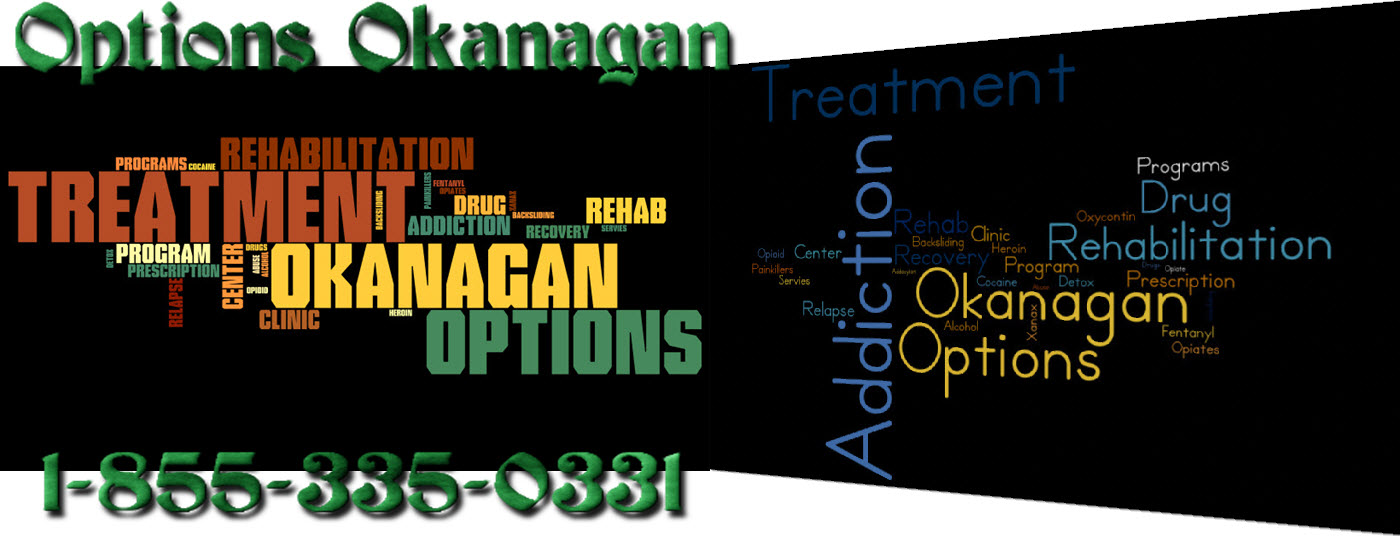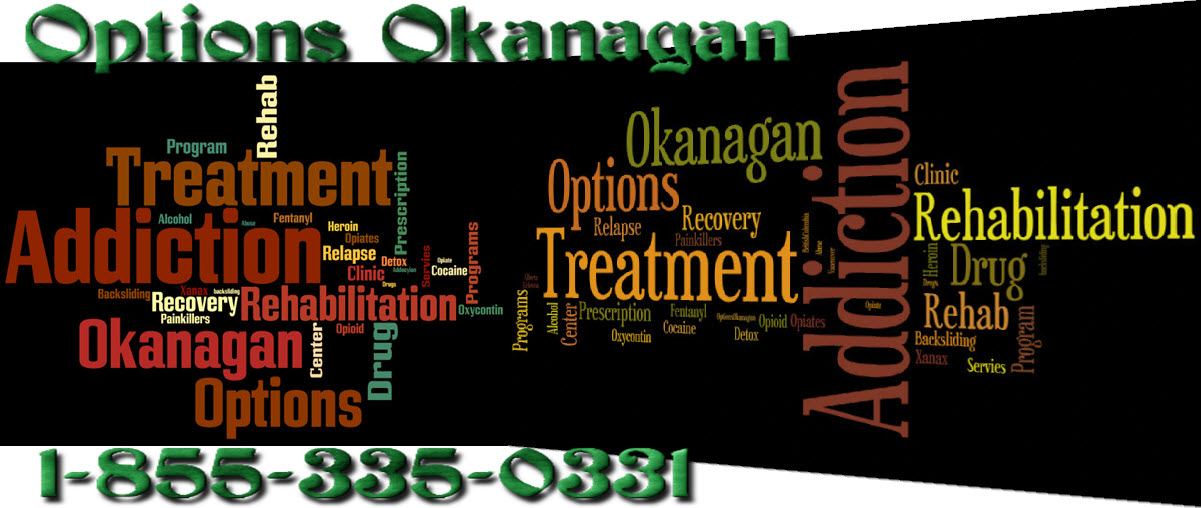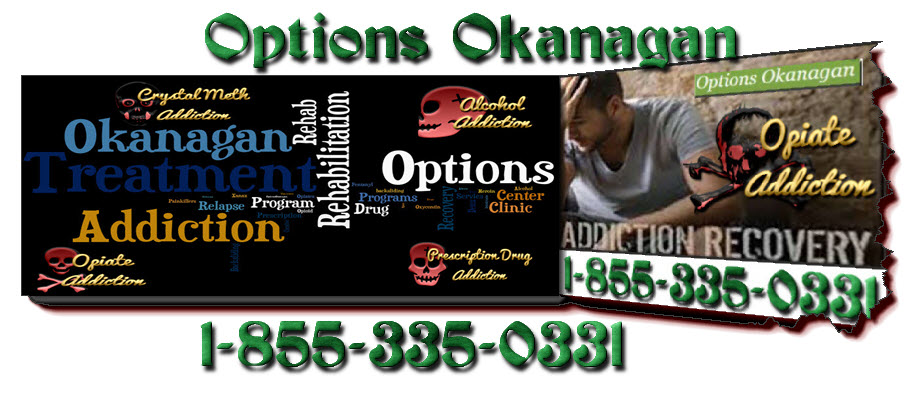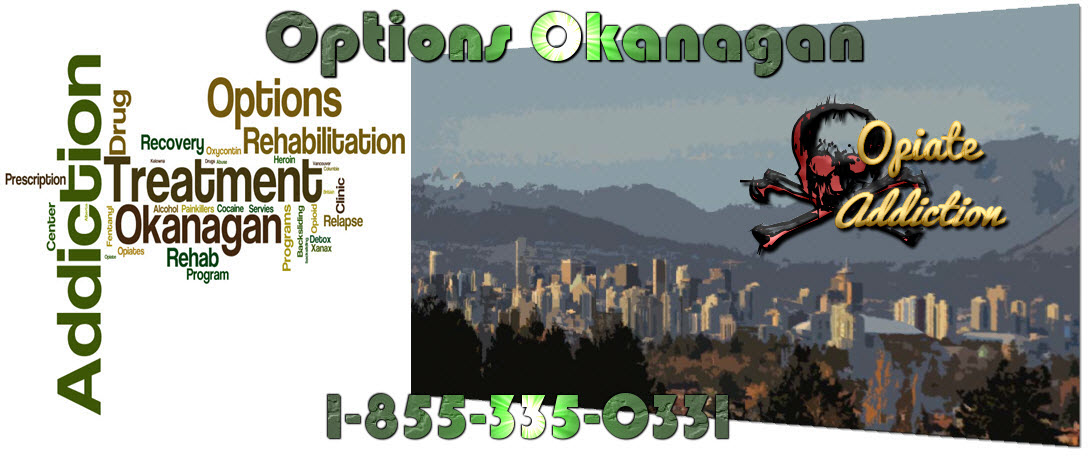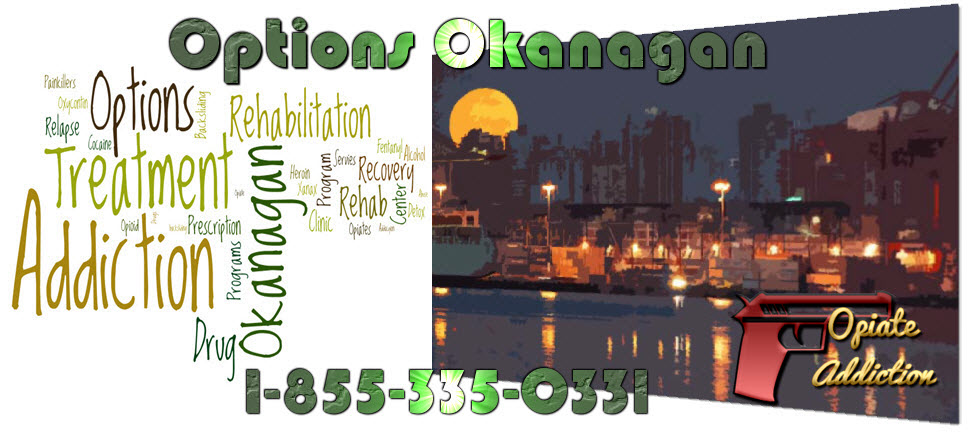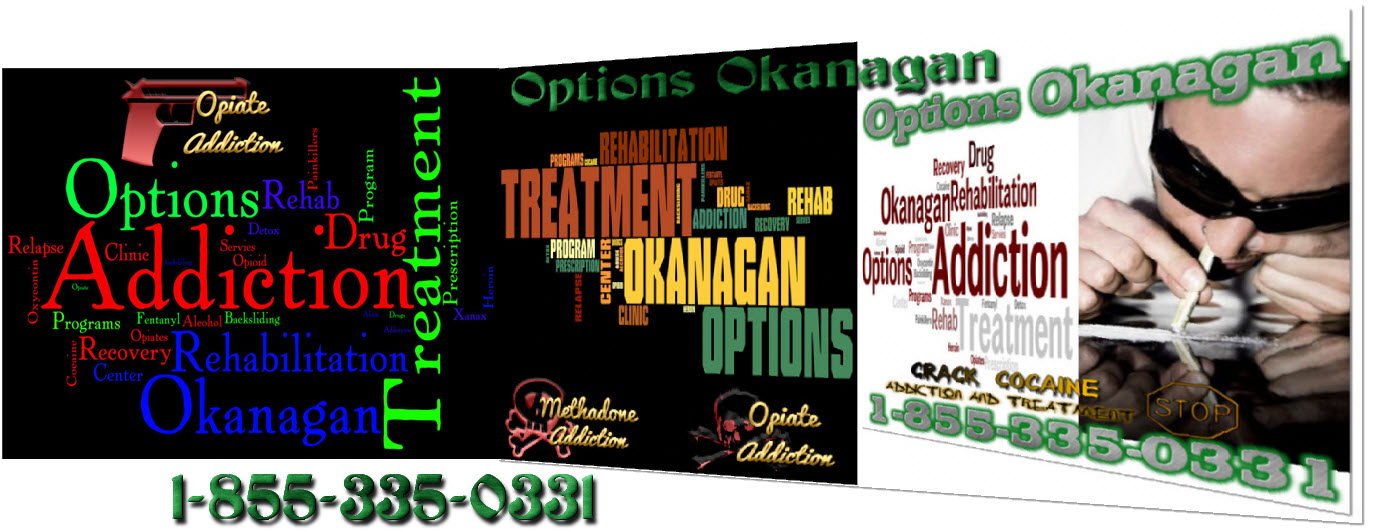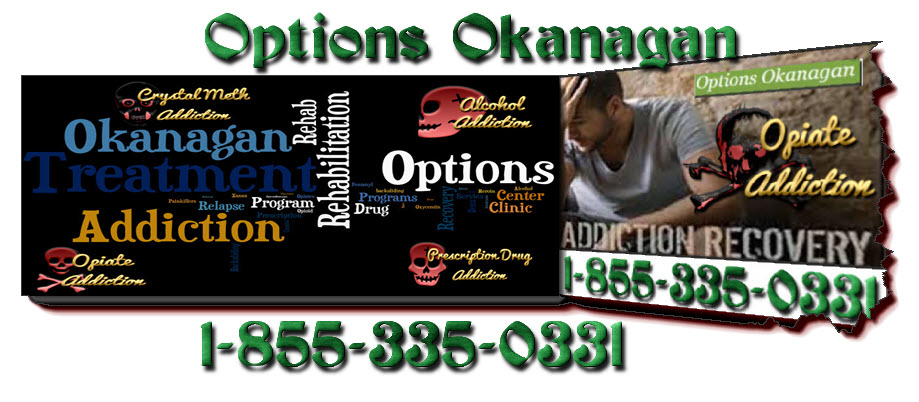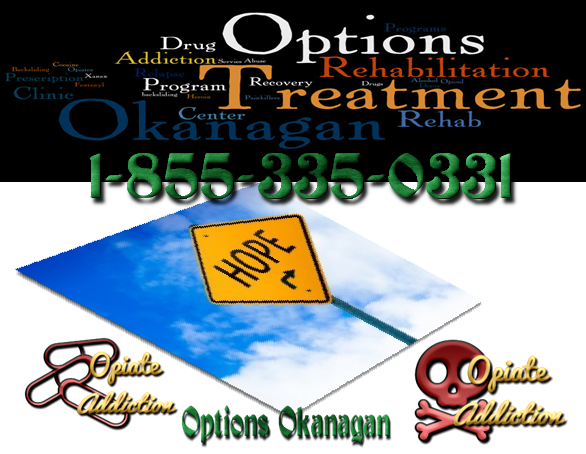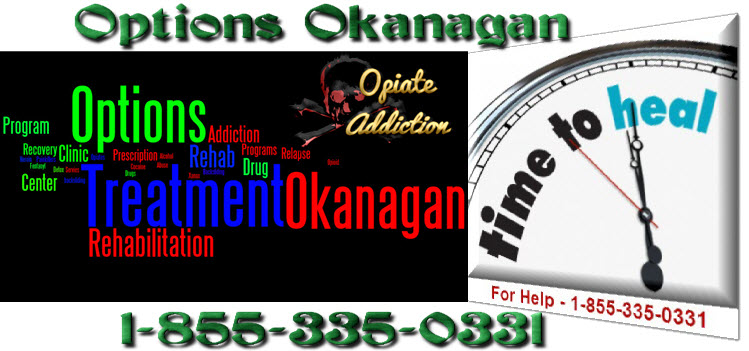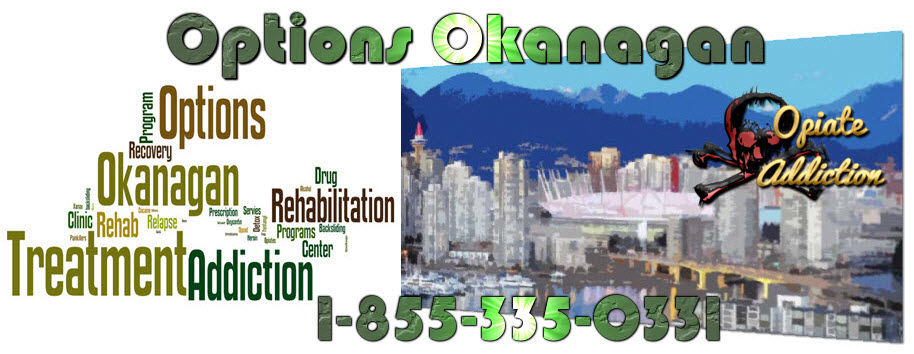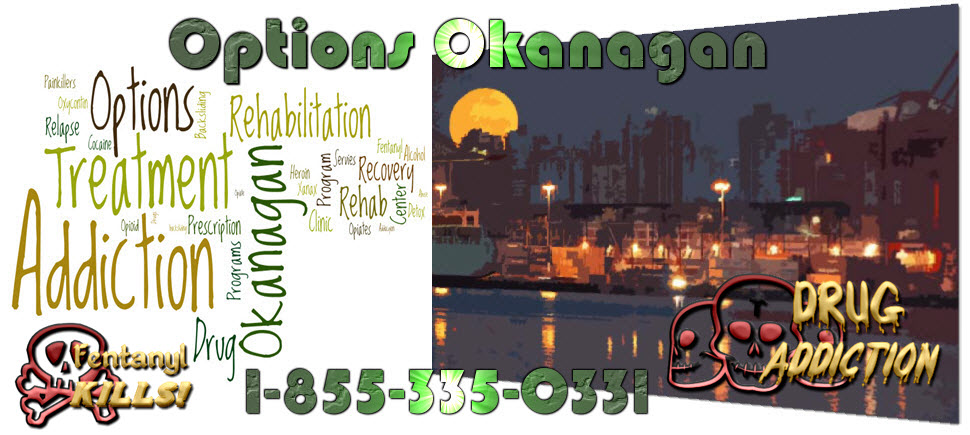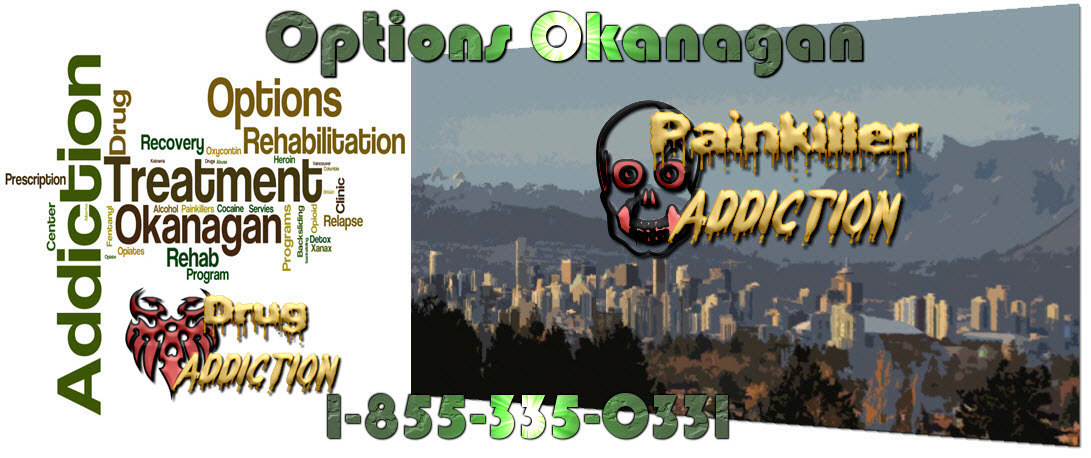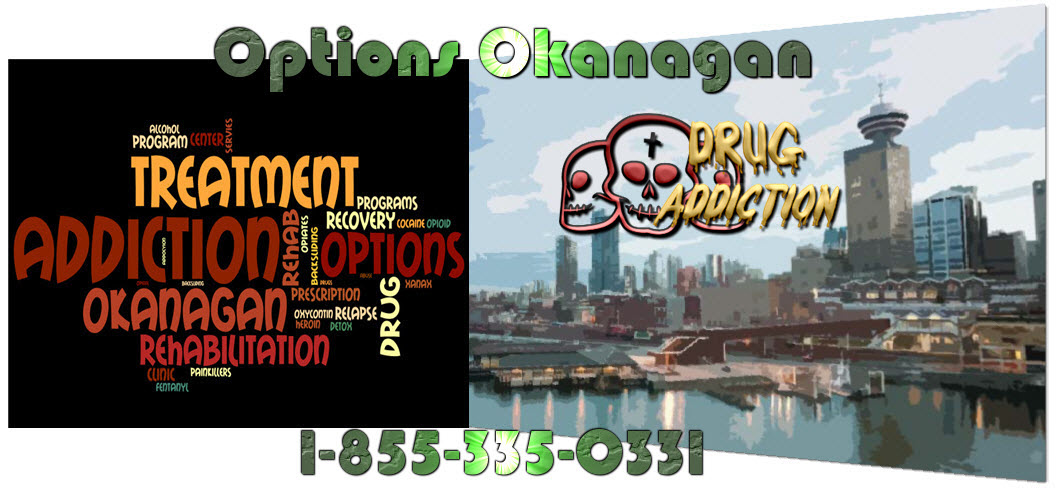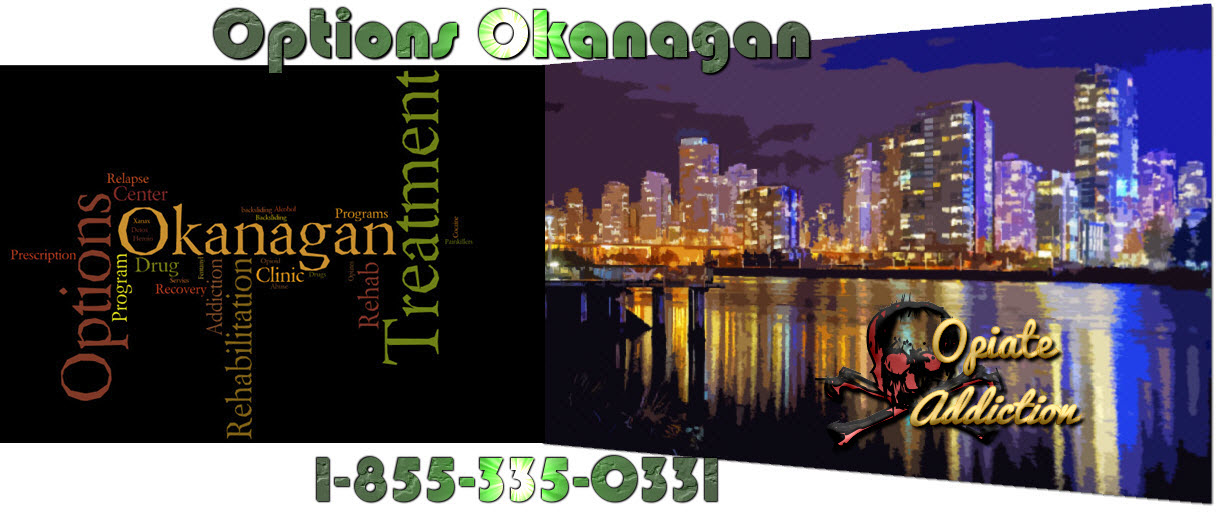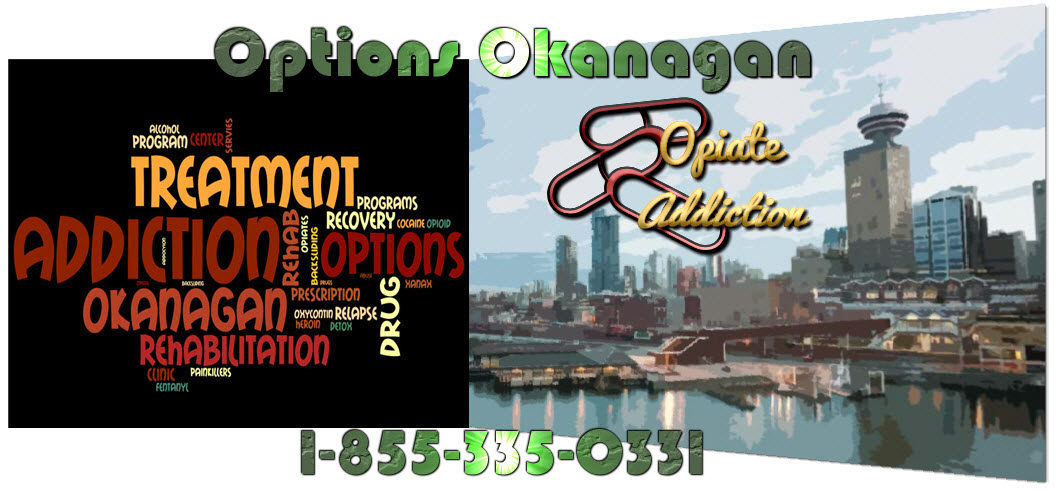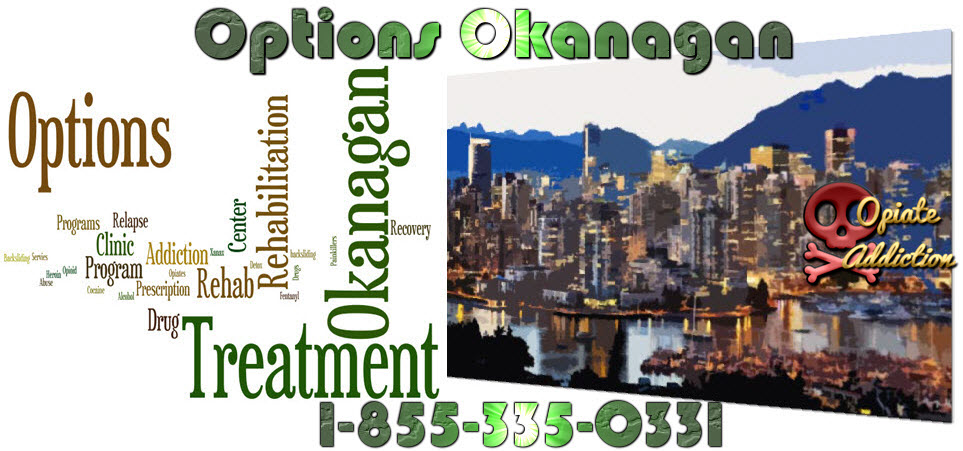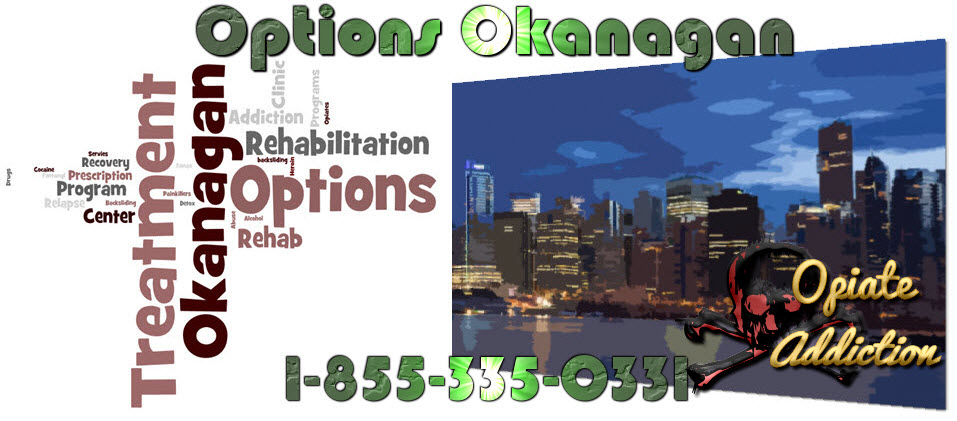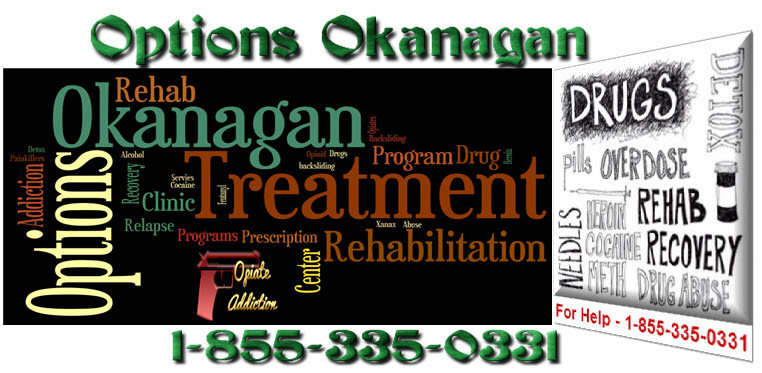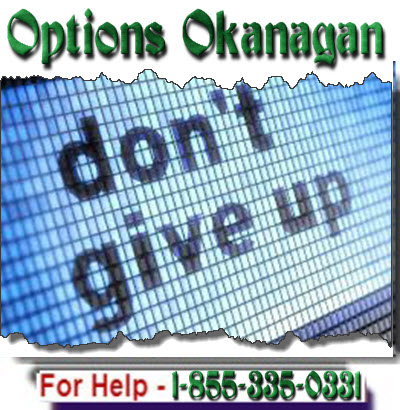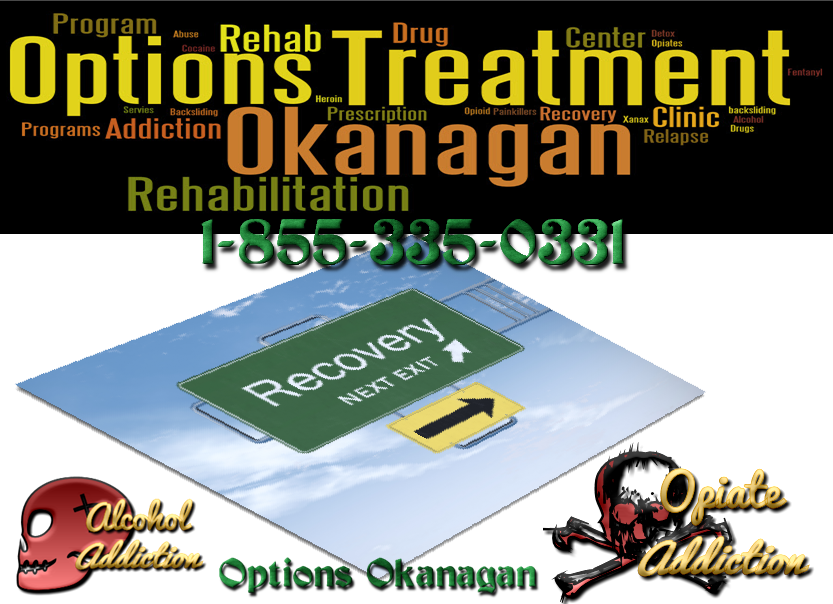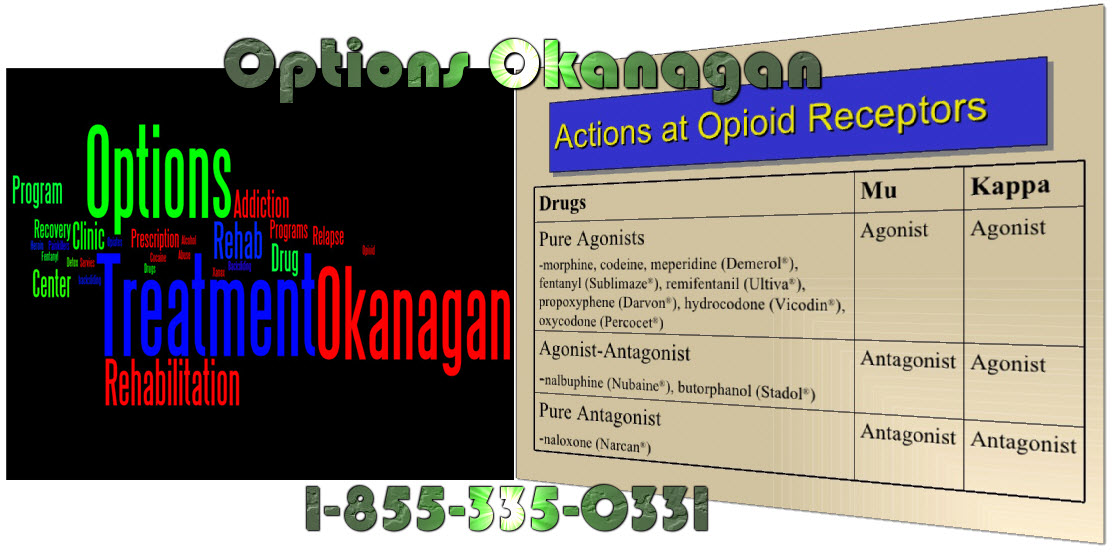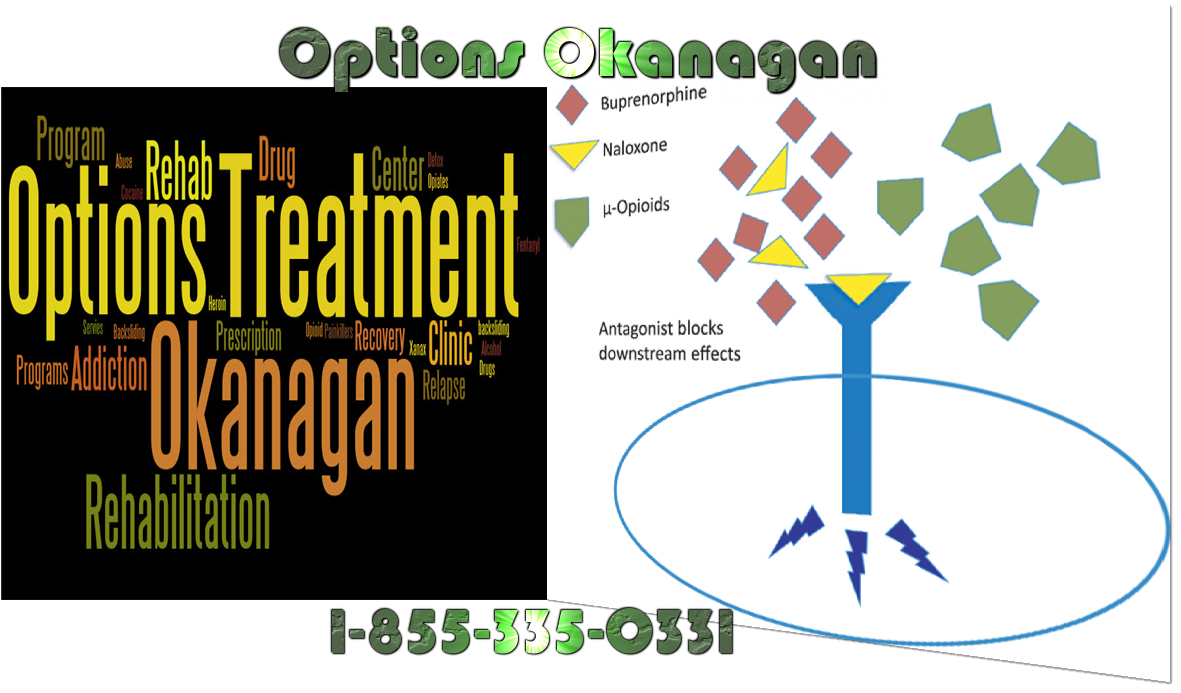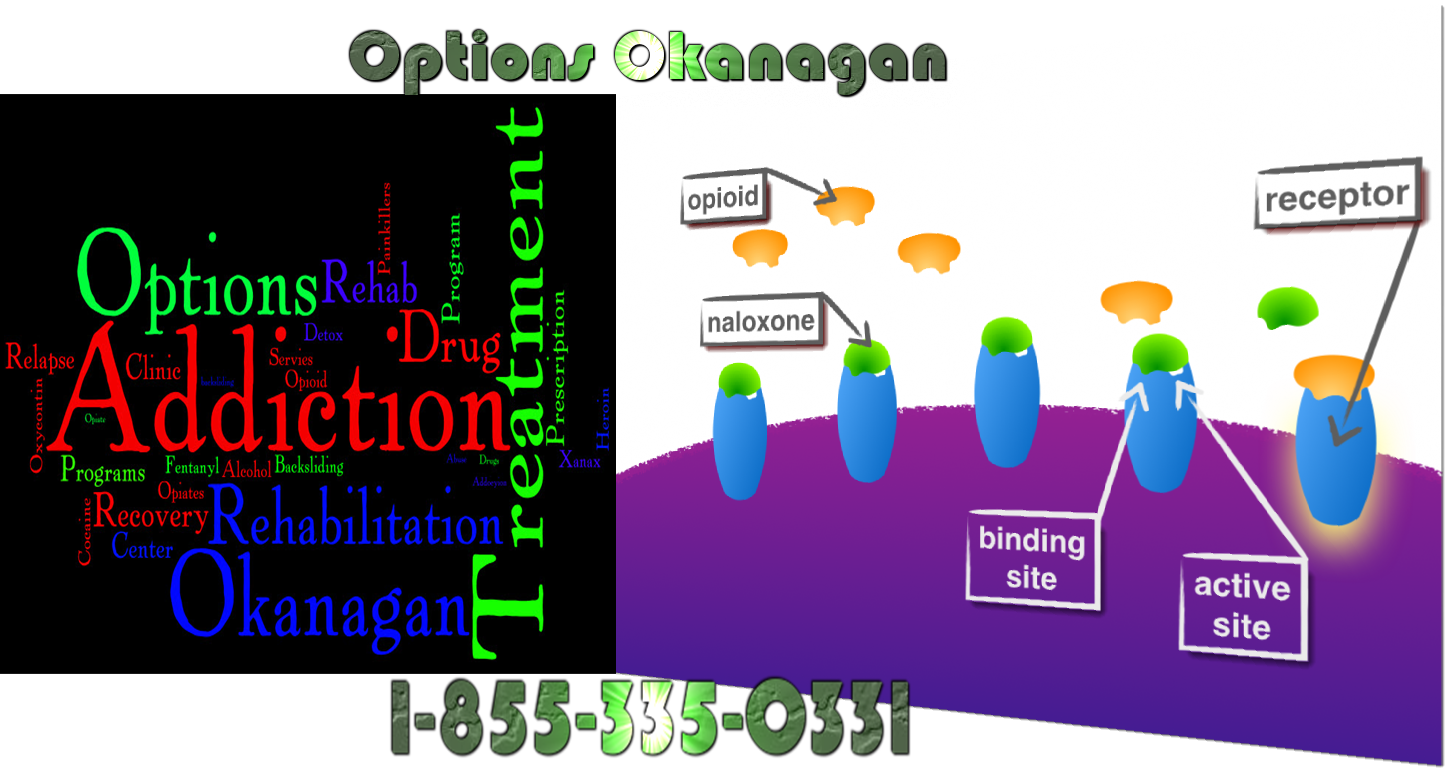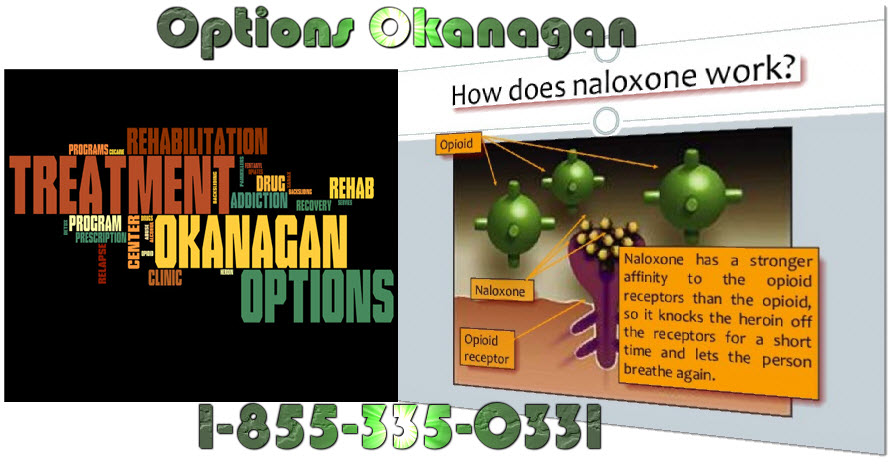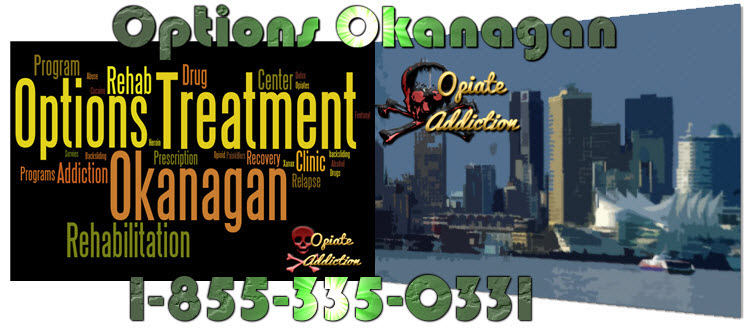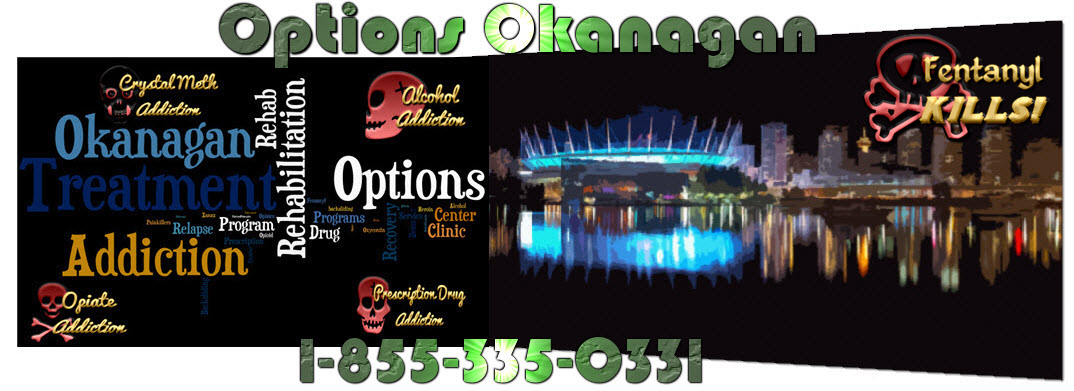What You Need To Know About Opioid Addiction In Vancouver, BC – Part 2 – Options Okanagan
Private Luxury Drug Rehab Treatment Centers
Understanding Opioid Dependence and Addiction
The terms addiction and dependence can be used interchangeably. A person who is dependent on the drug suffers from a psychological and physical need for the drug, and that’s why opioid addiction treatment is imperative. Such an individual will exhibit behavior that’s termed to be compulsive despite the harm that’s obviously visible.
Of course, the person can’t stop abusing the drugs regardless of the fact that he/she is doing harm to himself/herself and the people around. He/she will start having cravings and lose control entirely. That means the individual will feel an overwhelming and intense desire to take the drug. Also, he/she will have a hard time refusing to take the drug or controlling the dosage thus becoming compulsive.
People who are addicted to opioids display the following behaviors.
• Denial – He/she refuses to get treatment for the addiction because he/she assumes that the problem doesn’t exist.
• Uncontrollable use such that the individual takes more than the recommended usage
• Wasting too much time obtaining the drugs, abusing them and recovering from abuse.
• Ignoring important daily tasks such as work, school or family care to abuse the drugs.
• A persistent desire to quit that has been met by many unsuccessful attempts to do so.
• Continually using the drugs, despite harming oneself, family relationships, health issues and also affecting the job.
Physical Dependence
An individual is physically dependent on the drug if he/she exhibits tolerance. It refers to the fact that the person has to take more than the regular dosage to get the same effect. Also, the individual will exhibit withdrawal symptoms if he/she stops taking the drugs.
Many people who seek treatment for addiction to opioids display some sort of physical dependence. However, such a state can’t be used entirely to diagnose an individual of addiction. An individual suffering from a chronic illness such as cancer might be physically dependent on the drug but not become addicted to it. That’s because the opioids are prescribed for the severe pain such an individual might be experiencing.
Some patients are also susceptible to developing a pseudo addiction, once they are treated for chronic pain conditions using opioids. Such individuals will exhibit the same symptoms if they don’t get relief from the medication. If the pain is controlled, the addiction behaviors will disappear. In that case, opioid addiction treatment isn’t imperative rather the patients should get better pain management treatment.
Options Okanagan Opiate and Alcohol Treatment Centers in Kelowna, Salmon Arm and Vancouver, British Columbia – Men and Women are recovering and healing from Opiate Abuse at our treatment center here in the Okanagan right now.
Our unique and distinctive Opiate and Alcohol treatment program allows men and women to come in from Vancouver, Calgary as well as Edmonton as we offer airport pickup.
Numerous clients come to us from Vancouver, Calgary and Edmonton and other locations in Alberta and British Columbia for Opiate addiction treatment, meth drug treatment, many other drug and alcohol addictions for rehabilitation because of the uniqueness of our treatment center.
Our Treatment Location:
Options Okanagan Opiate Treatment Center
206 – 478 Bernard Avenue, Kelowna, British Columbia, V1V 2E6
Toll Free Phone Number : 1-855-335-0331

